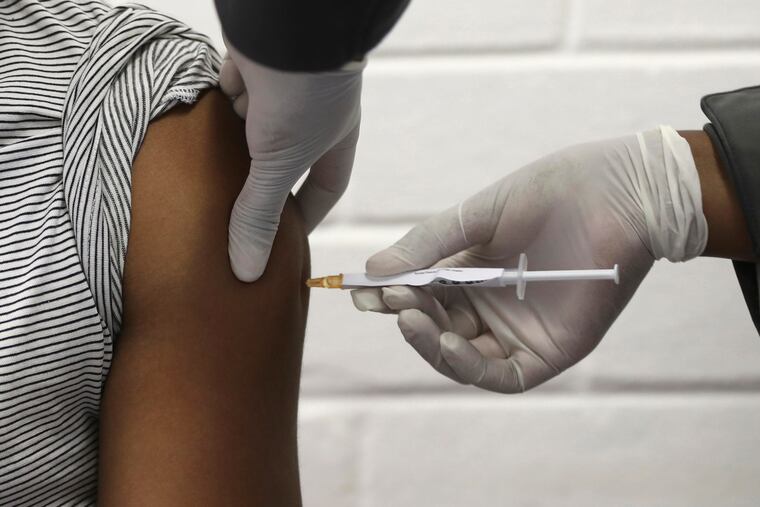AstraZeneca’s setback delivers reality check on vaccine risks
One of the most promising coronavirus vaccines has stumbled, delivering a reality check about the odds of clinical development and the safety risks involved.

One of the most promising coronavirus vaccines has stumbled, delivering a reality check about the odds of clinical development and the safety risks involved.
The news that AstraZeneca paused tests of its experimental shot after one patient became ill is a routine event for the pharma industry. It could be a harbinger of something worrisome or entirely unrelated to the vaccine.
But in a world crippled by the pandemic, the setback comes as a reminder that vaccines can fail, or worse, that they can sometimes deliver more harm than good — a disclaimer for politicians and governments promising that a Covid-19 fix is around the corner. Drugmakers just this week pledged to make safety a priority and take the time necessary to let science prevail.
The halt "shows the perils of rushing to market," said Sam Fazeli, an analyst for Bloomberg Intelligence, adding that no vaccine candidate is immune to such misfortunes, especially now that the experimental products are being injected in tens of thousands of people in the last crucial phase of clinical tests.
Astra's situation reinforces the need for discipline that comes with following the traditional testing process. Yet that's no easy message for people waiting for progress after months of lockdowns and economic uncertainty.
Researchers are poring over the one patient’s unexplained illness, Astra said. The delay to the U.K. drugmaker’s effort could also affect others relying on a similar technology, such as Johnson & Johnson and China’s CanSino Biologics, if the issue is related to the adenoviral vector used, according to Fazeli.
“Many trials are temporarily stopped to investigate potential safety issues and they are never talked about, but this is clearly a very high-profile study and so every step is being very closely scrutinized,” Adam Barker, an analyst at Shore Capital, wrote in a note to clients. The suspension will likely delay the study results that were due in November, he said.
Drugmakers have condensed the development timeline for their vaccines — normally a matter of years — down to months. Some of the test results about to be released could deliver more surprises. Typically, only 6% of experimental vaccines are successful. A vaccine against HIV has eluded scientists for decades.
The news about the vaccine Astra is developing with the University of Oxford shouldn’t affect the development of rival products based on a different technology such as Pfizer and partner BioNTech’s, which could have crucial test readings by October. Other drugmakers working on shots include Moderna, Sanofi and China’s SinoVac Biotech.
“Any vaccine trial has to go through rigid ethical approval,” said Liu Peicheng, a spokesman for SinoVac, adding that the Astra setback wouldn’t affect the company’s plans or timeline.
Politicians have helped stoke expectations about a vaccine. Health officials in the United States and President Donald Trump have said an immunization is possible before the end of the year, and potentially as early as next month.
But guaranteeing a product that is safe may take longer — especially since the shot could end up being administered to millions of people who are healthy and would only get a mild illness with Covid-19.
“The vaccine would be given to many, many people to prevent an illness that would likely do no harm to them, in order to prevent spread in the community to more vulnerable people,” Shore’s Barker said. “In that scenario, safety becomes absolutely everything. Any major safety issue would ultimately be terminal to any vaccine candidate.”
Russia has tried to leapfrog the process in the race to be first with a COVID-19 shot, approving its Sputnik V product before it’s undergone full testing and drawing widespread skepticism. A group of international scientists has questioned results from a study of the vaccine, saying some of the findings appeared improbable.
“The world is entirely focused on having a vaccine,” said Kristine Macartney, director of Australia’s National Centre for Immunisation Research and Surveillance. “But we just need to pause and see what the next few days bring.”